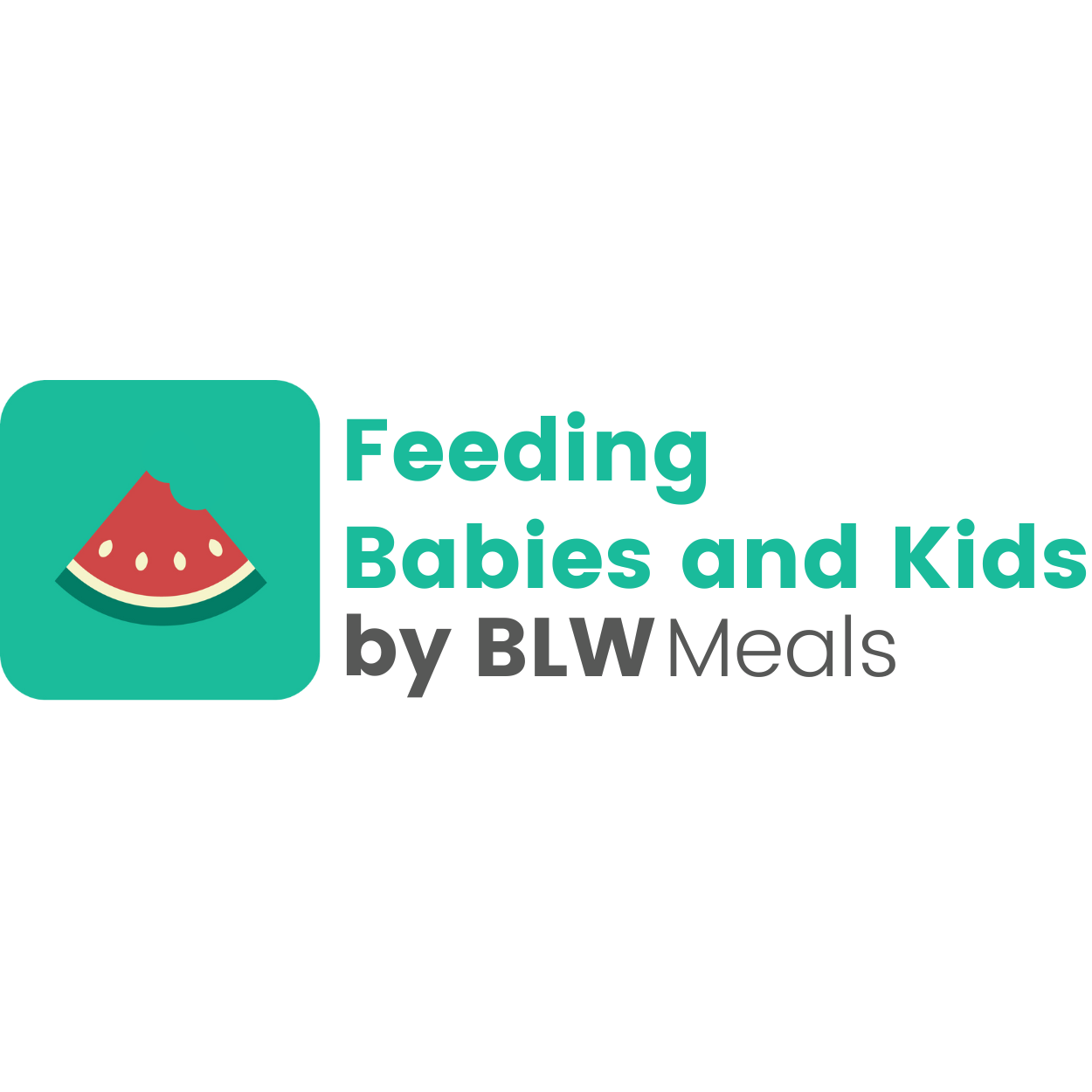
When can babies have eggs?
Eggs are one of the most common food allergens, so they should be introduced mindfully, preferably between 6-9 months of age, during the critical immune window.
Evidence suggests that delaying the introduction of allergens beyond this stage may increase the risk of allergy development instead of preventing it. Eggs must always be cooked thoroughly (both whites and yolks) to avoid salmonella contamination.
How do you serve eggs to babies?
If you choose not to start with finger foods, you can mash a hard-boiled egg or offer scrambled eggs. Around 7-8 months, transition to offering eggs in pieces.
For recipes and meal inspirations, type “egg” into the search bar of our app.
How to prepare eggs for babies:
- Rolled-up Omelet: Heat a non-stick frying pan and add a drizzle of olive oil. Crack the egg close to one side of the pan and use two spatulas to push the egg together, rolling it against the side of the pan. Continue rolling until the egg is well-done.
- Stuffed Omelet: Crack the egg into a small bowl and beat with a fork or whisk. Add herbs, spices, and chopped veggies of your choice. Heat a non-stick frying pan, drizzle with olive oil, pour in the egg mixture, and cook until done. Roll or fold over with a spatula.
- Hard-boiled Eggs: Place eggs in a saucepan, cover with cold water (eggs should be covered by at least 1 inch), and bring to a boil. Boil for 8-10 minutes, then run under cold water or place in a bowl of ice water before peeling.
You may also like: How do I offer foods safely with BLW?
Durability and storage
Store eggs in the refrigerator in their original carton. This helps prevent the eggs from absorbing strong flavors and odors.
Keep eggs upright with the larger end facing up to maintain freshness. Eggs can be used up to 4-5 weeks after they were packed, according to the FDA and Egg Safety Council.
Once cooked, eggs are best eaten right away, but they can be stored for up to 3 days in the refrigerator depending on the recipe.
Characteristics
Nutritional value:
Eggs are a great source of protein, polyunsaturated fatty acids (healthy fats), folate, vitamins A, D, E, and K, B vitamins, and minerals such as zinc, iron, manganese, and potassium. Eggs are also a source of choline, which is essential for healthy brain development, muscle movement, the nervous system, and metabolism.
Gut impact:
Eggs may help bind stool.
Allergy risk:
Eggs are a common allergen. When introducing eggs, start with very small amounts, and avoid introducing them with other allergens. Reactions to eggs can vary and may appear immediately or up to 4 hours after ingestion. Common reactions include skin redness, vomiting, diarrhea, and difficulty breathing. If your baby shows any of these symptoms, contact your pediatrician immediately and take a photo of the reaction.
For more information on introducing allergens, check our allergen guide in the app.
Did you know? If you’re unsure whether an egg is fresh, you can test it by filling a large glass with cold water and gently dropping the egg in:
- If the egg sinks to the bottom and lies on its side, it’s fresh.
- If the egg sinks but stands on one end or tilts, it’s still good but a bit older.
- If the egg floats, it’s too old and should be discarded.
Eggs are highly nutritious and are used in many recipes for their binding properties. If you’re avoiding eggs due to allergies, intolerances, or personal preferences, there are several substitutes:
- 1 egg = 1 tablespoon ground flaxseed + 3 tablespoons water.
- 1 tablespoon chia seeds + 3 tablespoons water.
- ¼ cup of aquafaba (chickpea juice blended into foam).
- ¼ cup of mashed banana.
- ¼ cup of unsweetened applesauce.
- 3 tablespoons of smooth nut butter.
Note: These substitutes are not nutritionally equivalent to eggs.





Leave a Reply